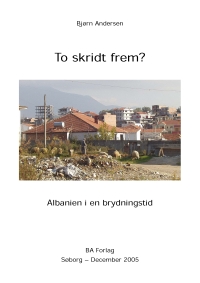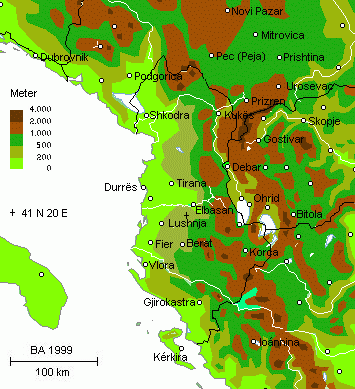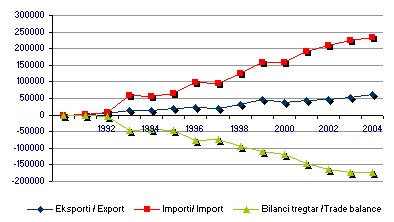Sidste Nyt fra Albanien, Kosóva og Makedonien
The Latest News from Albania, Kosóva and Macedonia
# 293 - 8' årgang - 03.03.2006
Version 1.1 • 03.03.2006
PDF for printing •
Info om »Sidste Nyt«
Udgiver:
Bjørn Andersen
Publisher:
Bjoern Andersen

Præsident Moisiu har besøgte pave Benedikt. Med under besøget var Moisiu's datter, Mirella.
![]()























